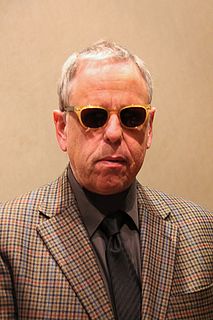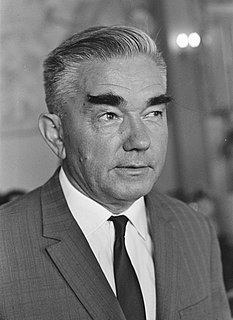A Quote by William McDonough
If you don't have an end game of something delightful, you're just moving chess pieces around.
Quote Topics
Related Quotes
I love chess, and I didn't invent Fischerandom chess to destroy chess. I invented Fischerandom chess to keep chess going. Because I consider the old chess is dying, it really is dead. A lot of people have come up with other rules of chess-type games, with 10x8 boards, new pieces, and all kinds of things. I'm really not interested in that. I want to keep the old chess flavor. I want to keep the old chess game. But just making a change so the starting positions are mixed, so it's not degenerated down to memorisation and prearrangement like it is today.
Chess is more than a game or a mental training. It is a distinct attainment. I have always regarded the playing of chess and the accomplishment of a good game as an art, and something to be admired no less than an artist's canvas or the product of a sculptor's chisel. Chess is a mental diversion rather than a game. It is both artistic and scientific.
All experiments that are related to the games when you have humans versus machines in the games - whether it's chess or "Go" or any other game - machines will prevail not because they can solve the game. Chess is mathematically unsolvable. But at the end of the day, the machine doesn't have to solve the game. The machine has to win the game. And to win the game, it just has to make fewer mistakes than humans. Which is not that difficult since humans are humans and vulnerable, and we don't have the same steady hand as the computer.
[Vladimir] Putin is more of a poker player. In poker, unlike chess, you can effectively compensate for a very weak hand by bluffing. There are fixed rules in chess, and no one knows how the game will end. Things are currently the other way around in Putin's realm. But it won't stay that way forever.
We are all part of a universal game. Returning to our essence while living in the world is the object of the game. The earth is the game board, and we are the pieces on the board. We move around and around until we remember who we really are, and then we can be taken off the board. At that point, we are no longer the game-piece, but the player; we've won the game.







































